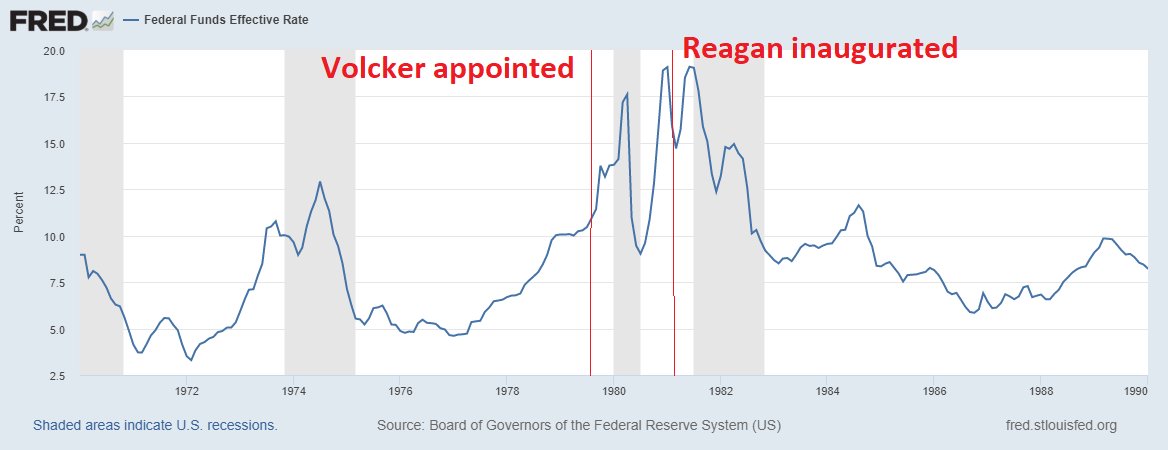
I see survey researchers are preparing for our mixed-race future! 🤪
https://twitter.com/pewresearch/status/1456280974677975047
Imagine a future where this chart becomes standardized and every Hispanic or mixed-race person has to shout out their skin color number at the beginning of business meetings (so that blind people will know how to treat them).
I swear if this happens I will become Chris Rufo.
I swear if this happens I will become Chris Rufo.
This country is just getting absolutely ridiculous
https://twitter.com/marksecada/status/1456652213577822208?t=22Xn1de-WH3viymfw8KJng&s=19
Hell, why stop with skin color charts? I'm sure AI engineers could very quickly whip up a racial classifier app that works with any cell phone cam. Every time you go into a meeting the DEI officer in the room can scan you with Phrenologybot, and call out the results. 🤪🤪🤪
• • •
Missing some Tweet in this thread? You can try to
force a refresh





